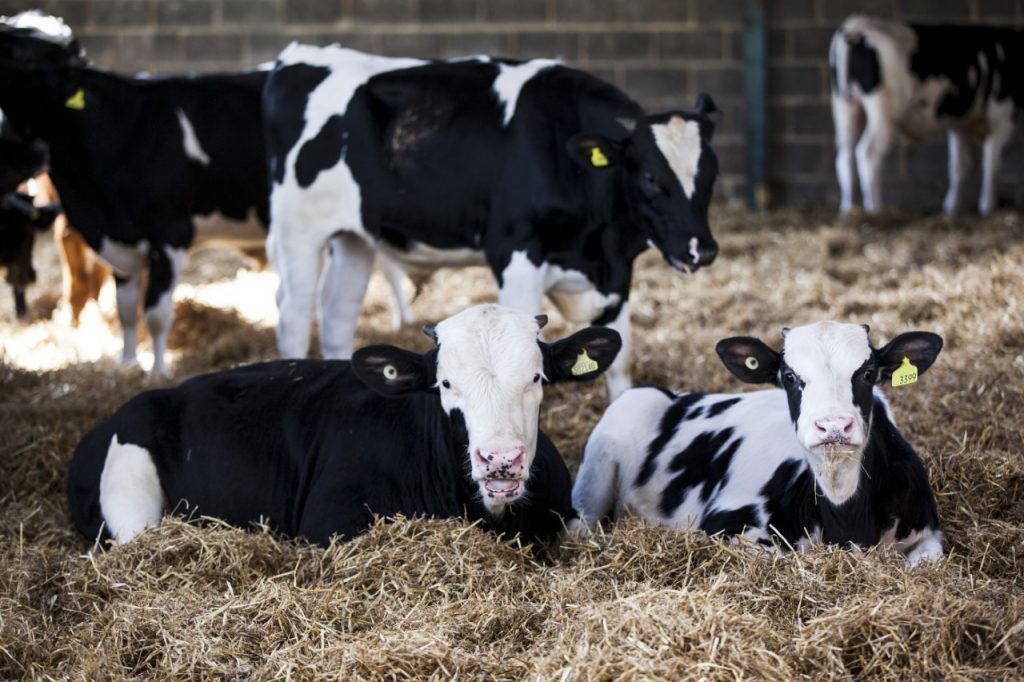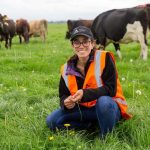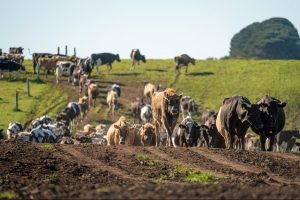
With a focus on raising non-replacement dairy calves to an older age, the RSPCA is looking to work closely with farmers and brands through the RSPCA Approved Farming Scheme, certifying farms that raise calves to its higher animal welfare standards.
RSPCA Australia Senior Scientific Officer (Farm Animals) Melina Tensen said the RSPCA had developed the higher welfare Standard for dairy calves with input from industry and individual producers.
“It’s important we understand the opportunities and challenges associated with raising non replacement dairy calves for beef,” said Ms Tensen.
“Many Australians consume dairy products regularly but don’t realise that for a dairy cow to produce milk, she must have a calf every year. The calves that aren’t raised to become part of the dairy herd are generally viewed as a by-product of milk production and sent to slaughter at a few days old.
While that’s a reality of milk production, there are steps we can take to make the process more humane.”
By considering the commercial realities associated with farming in Australia as well as the animal welfare science, the RSPCA’s Standard for dairy calves gives farmers a practical avenue to raise calves to higher animal welfare standards and receive a recognised certification that’s sought after by consumers.
“We know there’s substantial consumer interest in food farmed to higher welfare standards, and this has meant there’s an increasing demand for independent certification for animal welfare,” said Talulah Gaunt, Manager – RSPCA Approved.
“We also know that almost one in two people would be prepared to pay 20% more for animal products that were certified to have come from farmers and processors that use best animal welfare practices.”
The key aspects of the RSPCA Approved Farming Scheme Standard – Dairy Calves include providing for the calf’s innate behavioural needs (for example, the ability to suckle, chew and ruminate); low-stress animal handling; providing sufficient quantity and quality of colostrum and milk feeding; group housing with deep bedding in sheds; access to a paddock from at least eight weeks of age; ensuring calves are at least 10 days old before they are transported; and practices such as tethering, dehorning, hot iron branding, and nose rings are not permitted.
























